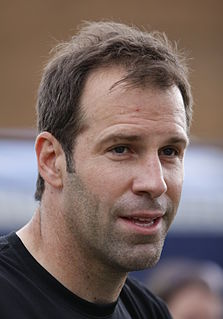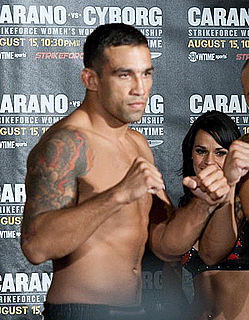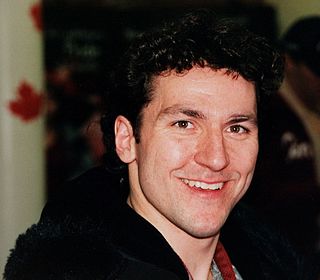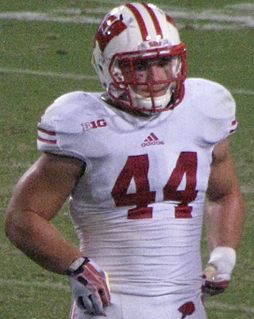Top 1200 Traumatic Brain Injury Quotes & Sayings
Explore popular Traumatic Brain Injury quotes.
Last updated on April 14, 2025.
You have to understand that PTSD has to be an event that you experience, a very traumatic event. And actually, there is evidence that brain chemistry changes during this event in certain individuals where it's imprinted indelibly forever and there's an emotion associated with this which triggers the condition.
When you sleep your eyes move left and right and physical movement takes trauma and moves it from your frontal lobe to the back of your brain or to another part of the brain where you can store it that memory but when you think about those things that happened, you don't associate the feeling that normally comes with it. So the problem is if you have something traumatic happen and you are not getting a good amount of rest, it will stay in your frontal lobe.
The nerves of the skin send pain signals to the brain to warn us of the danger from and impending injury. In the case of self-inflicted wounding, this pain acts as the body's own defense mechanism to stop one from proceeding in the effort at physical injury. If a person proceeds despite the pain, that means that he or she is motivated by something stronger than the pain, something that makes him or her capable of ignoring or enduring it.
Just as an informal, nonscientific observation, most people's personalities don't seem to change very much during their lives. There are exceptions in the case of people who go through hugely traumatic events or suffer from brain injury or disease. Some would argue that religious conversions can have deep personality-altering effects. But these are all exceptions to the rule.
As computer intelligence gets better, what will be possible when we interface our brains with computers? It might sound scary, but early evidence suggests otherwise: interfacing brains with machines can be helpful in treating traumatic brain injury, repairing spinal cord damage, and countless other applications.
Everyone uses the brain at every moment, but we use it unconsciously. We let it run in the background without realizing the power we have to reshape the brain. When you begin to exercise your power, the everyday brain, which we call the baseline brain, starts to move in the direction of super brain.
As more and more people recognize the level of violence involved and the consequences of CTE [chronic traumatic encephelopathy, a degenerative brain disorder], they're obviously going to say "We don't want this to be a part of culture." And they overlook the fact that there's a huge swath of the populace where physicality is still a real common thing.
I think the American people recognize is after a decade of war it's time to do some nation building here at home. And what we can now do is free up some resources, to, for example, put Americans back to work, especially our veterans, rebuilding our roads, our bridges, our schools, making sure that, you know, our veterans are getting the care that they need when it comes to post-traumatic stress disorder and traumatic brain injury, making sure that the certifications that they need for good jobs of the future are in place.
I think we've reached that point where we understand medically what we are doing to ourselves with these sports. In football, it's kind of hard to get the access that you want for the story and, of course, it's very long-term: the effects of the repeat concussions really don't hit until decades afterwards, whereas the traumatic injuries in extreme sports are very immediate. I realized Traumatic Brain Injury was a fascinating and important story that not had been told very much. I wanted to know more.
It's not just professional athletes and soldiers who are at risk from traumatic brain injury. More than 1.7 million people a year sustain a traumatic brain injury, and about 50,000 of them die each year, according the Centers for Disease Control. There are both emotional and financial costs from these injuries.
A long iron rod rocketed straight through the very forefront of Phineas Gage's brain. It's kind of an unusual part of the brain: you can suffer pretty severe injuries to it and often walk away from the injury. It's not a part of the brain that's necessarily vital for your biological self. But it is very important for personality.
I look back and think of all the times I've had to let things go in the past, and how traumatic it seemed while it was happening, but how my understanding of it changed as time passed - and oftentimes things that seem really difficult and traumatic in the short term seem a lot less difficult and traumatic in the long term. So I remind myself of that.




















































